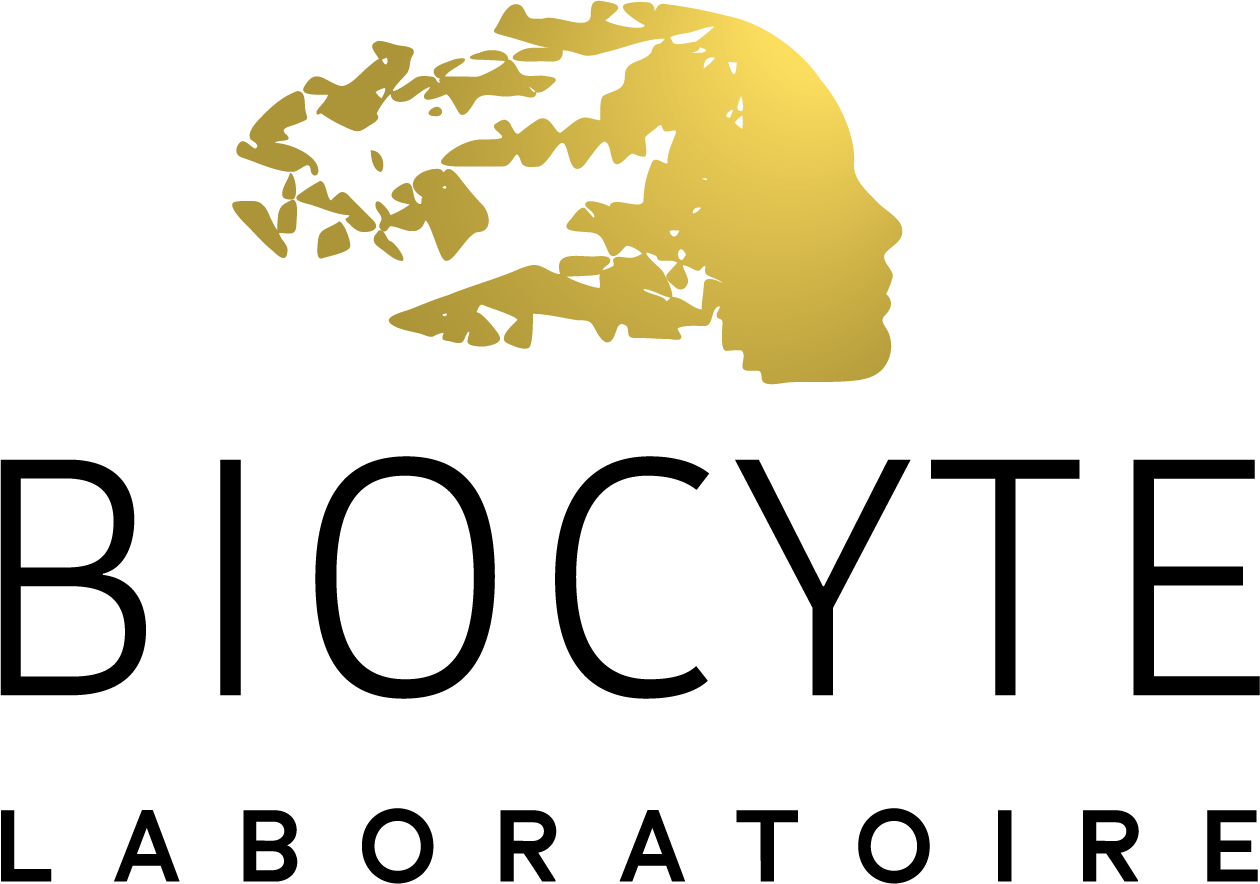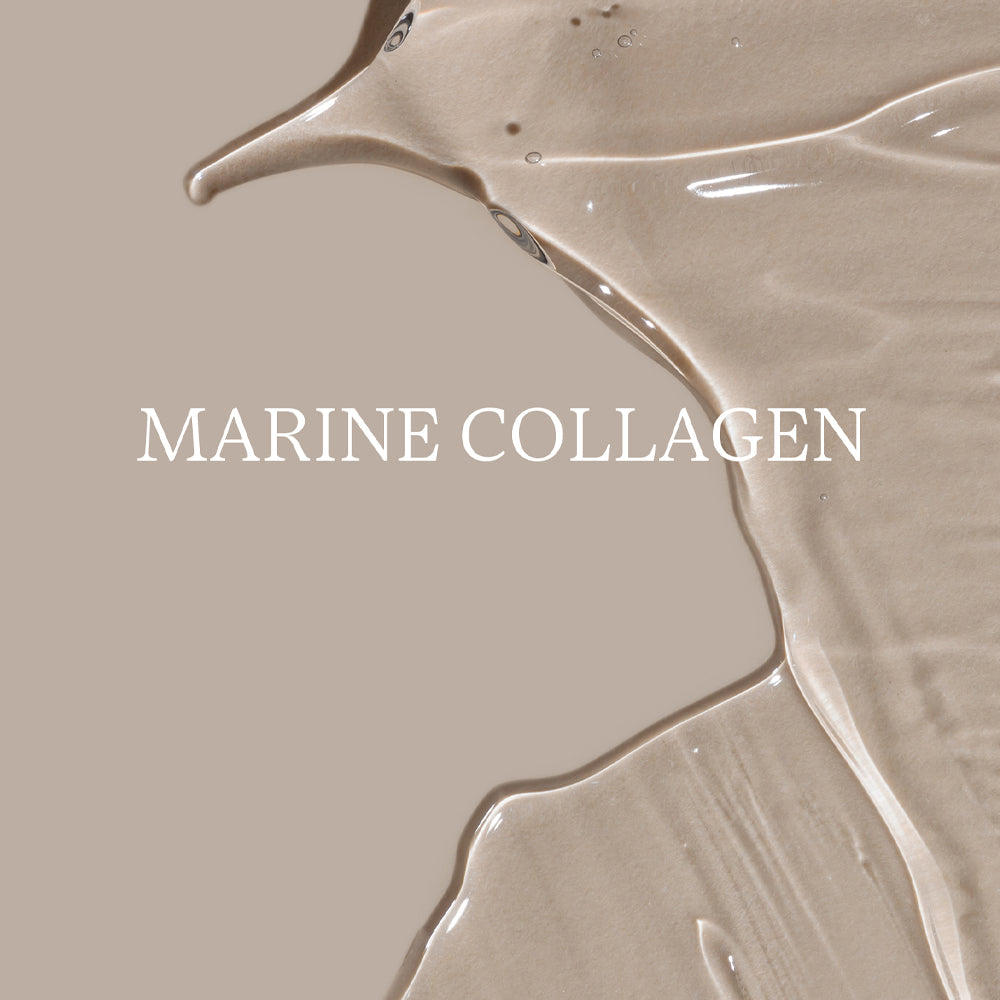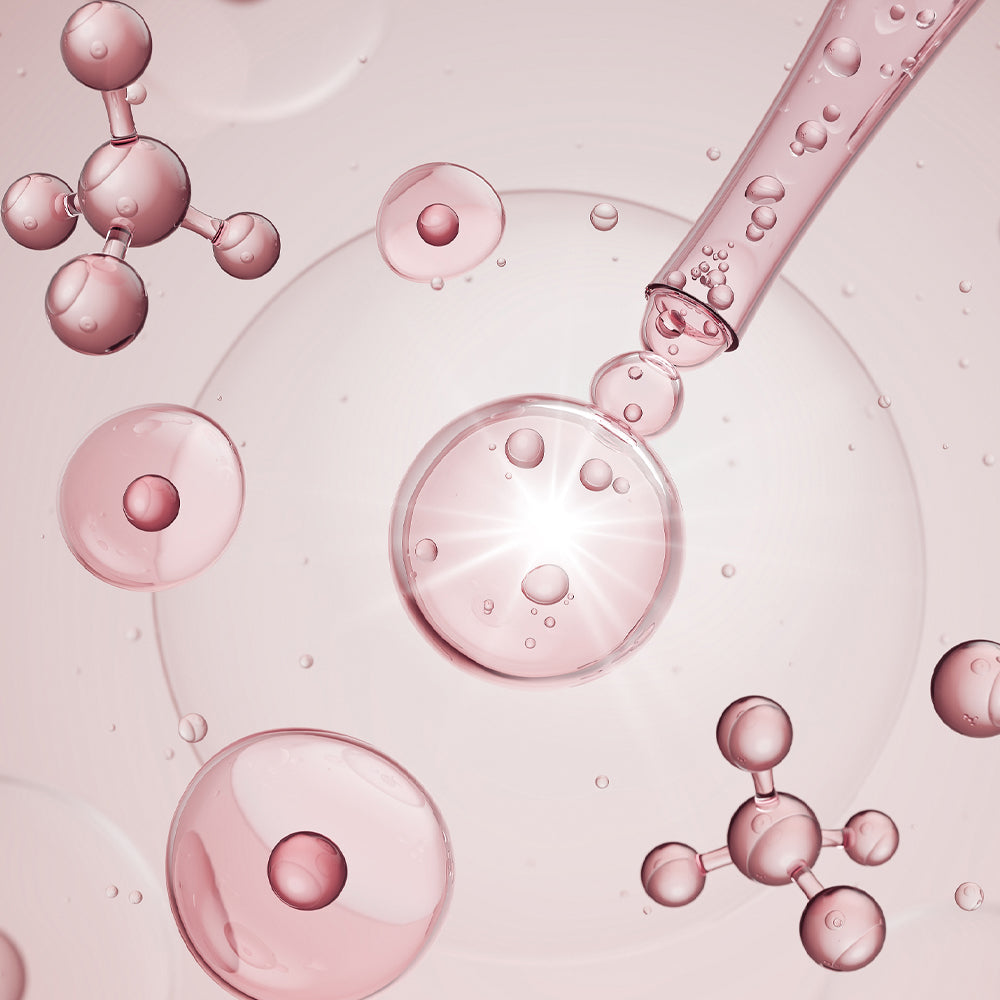
Collagen and joints: a key duo for joint comfort and lasting mobility
Why should you be interested in collagen for your joints?
Collagen is often cited for its benefits for skin, hair, and nails. However, its role in joint health is just as essential. As the human body's major structural protein, collagen is a fundamental pillar of connective tissues, particularly those that form our joints. With age, collagen production naturally declines, which can lead to a loss of flexibility, joint discomfort, or progressive stiffness.
In this article, we'll explore the benefits of collagen for joints, the different types that can be used in supplementation, and best practices for incorporating collagen peptides into an active, healthy lifestyle.
What is the connection between collagen and joints?
Collagen plays a fundamental role in the architecture of connective tissues: cartilage, tendons, ligaments, bones. It contributes to their mechanical strength, elasticity, and ability to absorb shock.
At the joint level, it is mainly collagen types I, II and III that come into play:
- Type I collagen is found predominantly in tendons and ligaments, but also in bones.
- Type II collagen is most present in articular cartilage.
- Type III collagen, which is more flexible, is found in more stretchy connective tissues.
All of these structures are subject to constant renewal, conditioned by the synthesis of collagen from certain key amino acids: glycine, proline, hydroxyproline. However, this endogenous production slows down with age, oxidative stress or certain nutritional deficiencies.
Supplementing with hydrolyzed collagen (or collagen peptides) can help stimulate natural production, providing necessary amino acids and acting as a biological signal at the chondrocyte cell level.
Which collagen should I take for my joints?
Contrary to popular belief, there is no single type of collagen that is effective for joints. All types (I, II, or III) can be useful in this context, provided they are properly absorbed.
What matters most is:
- Molecular weight of collagen: hydrolyzed collagen with a molecular weight between 2000 and 5000 Da is better absorbed.
- The quality of hydrolysis: it determines bioavailability.
- The amino acid sequence present in the peptides, which will determine their targeted effects.
But all of these types share the same essential amino acids, even if their structure varies. Therefore, it is the characteristics of the formula and its degree of purification that will determine its suitability.
Is collagen good for osteoarthritis?
It is important to stay within the framework of a physiological approach: collagen supplements are not treatments, but they can support joint comfort by optimizing the natural functions of cartilage.
Clinical studies have shown that a daily dose of collagen peptides (from 5 g/day) can:
- Reduce joint discomfort linked to age or sporting activity.
- Improve joint mobility.
- Support the structure of cartilage.
These effects were observed over periods of 8 to 24 weeks, with specific collagen hydrolysates and regular monitoring.
It is therefore a long-term strategy, to be integrated into a healthy lifestyle including regular physical activity, a balanced diet and good sleep.
What are the effects of collagen on bones and joints?
Besides cartilage, type I collagen makes up 90% of the organic bone matrix. It contributes to:
- Maintain the strength and mechanical resistance of bones.
- Stimulate calcium anchoring.
- Preserve bone density over time.
Combined with vitamin D, magnesium or silicon , hydrolyzed collagen provides overall structural support to the musculoskeletal system.
On the joints, the effects observed include:
- Improved joint comfort.
- Support for flexibility and lubrication.
- Reduction of morning stiffness.
How to use collagen peptides for joints?
The effectiveness of a collagen-based food supplement depends on several factors:
- Respect the recommended daily dose (generally between 5 and 10 g/day).
- Regularity of intake, for at least 2 to 3 months.
- Taken with a glass of water at the time of day when compliance will be greatest in the long term.
- Choice of a formula combining hyaluronic acid, manganese or vitamin C, to strengthen collagen synthesis.
Directions for use:
- Integrate intake into a complete health program, combining nutrition, movement and sleep.
- Do not exceed the recommended daily dose.
- Favor formulas made in France, recommended in pharmacies, supported by robust scientific publications.
Towards lasting joint support thanks to collagen
Collagen is a key player in joint comfort , at the heart of connective tissue balance. By supporting the endogenous synthesis of this vital protein, targeted supplementation contributes to joint flexibility, strength and mobility . It is aimed at both active people and seniors concerned about maintaining their quality of life.
Biocyte, the long-standing leader in nutricosmetics in France, offers innovative solutions based on clinical evidence to sustainably support joint physiological performance. Choosing high-quality hydrolyzed collagen, tailored to your needs, is a long-term investment in joint health.




